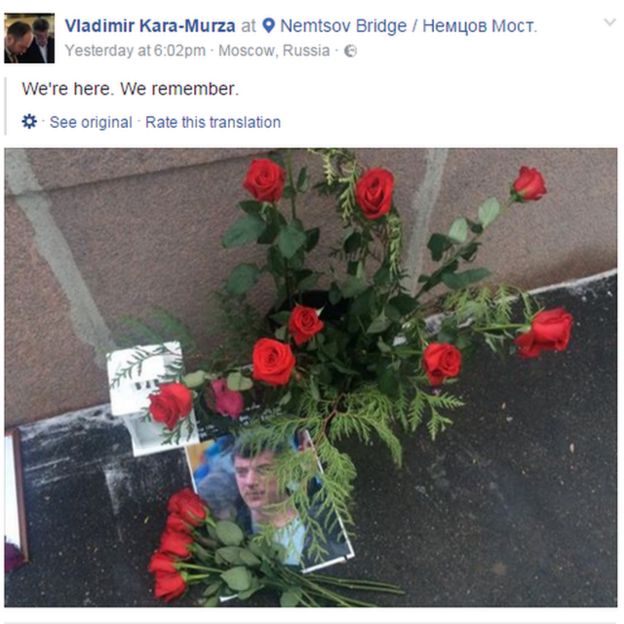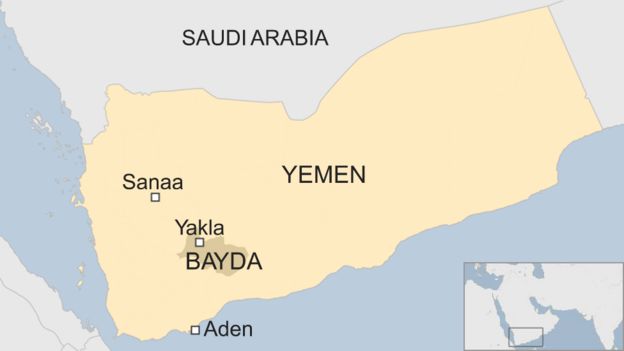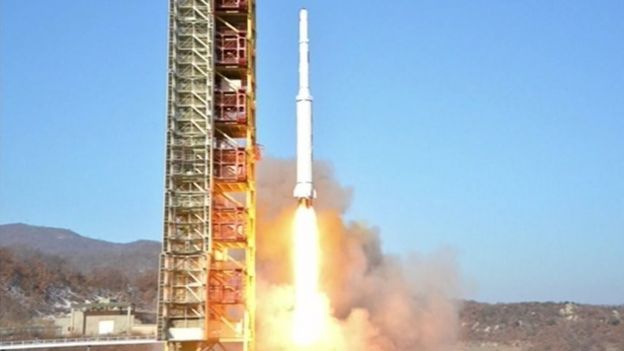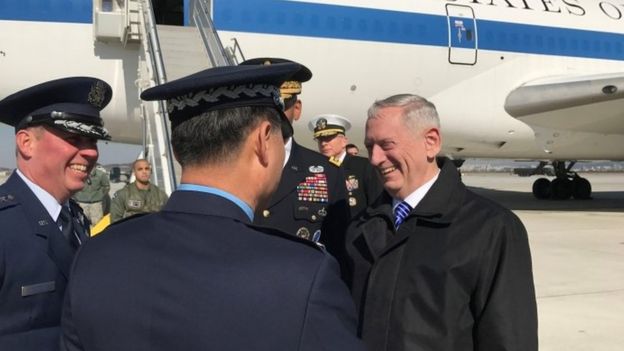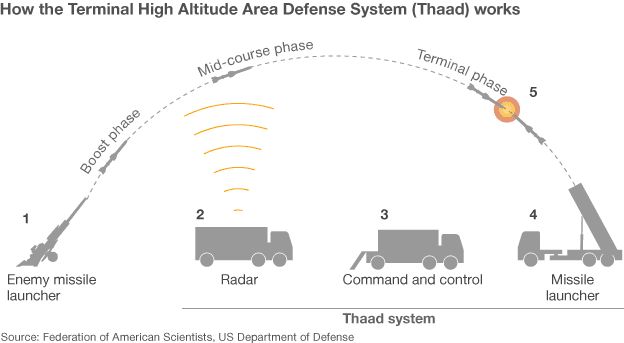Brexit plan published in government White Paper
The government has published an official policy document setting out its Brexit plans.
The White Paper lays out the government's 12 "principles" including migration control and "taking control of our own laws".
Brexit Secretary David Davis said the UK's "best days are still to come", outside the EU.
Labour said the document "says nothing" and had been produced too late for "meaningful" scrutiny.
- Brexit live: Reaction to vote and White Paper
- Kuenssberg: Past the point of no-return
- How did your MP vote?
- Brexit talks will be on 'humongous scale'
The White Paper's publication comes after pressure from MPs across the House of Commons.
It sets out the themes of the government's goals for its negotiations with the EU, as announced by Prime Minister Theresa May last month.
These include:
- Trade: The UK will withdraw from the single market and seek a new customs arrangement and a free trade agreement with the EU.
- Immigration: A new system to control EU migration will be introduced, and could be phased in to give businesses time to prepare. The new system will be designed to help fill skills shortages and welcome "genuine" students.
- Expats: The government wants to secure an agreement with European countries "at the earliest opportunity" on the rights of EU nationals in the UK and Britons living in Europe.
- Sovereignty: Britain will leave the jurisdiction of the European Court of Justice but seek to set up separate resolution mechanisms for things like trade disputes.
- Border: Aiming for "as seamless and frictionless a border as possible between Northern Ireland and Ireland."
- Devolution: Giving more powers to Scotland, Wales and Northern Ireland as decision-making is brought back to the UK.
The document says the government will "keep our positions closely held and will need at times to be careful about the commentary we make public", with MPs offered a vote on the final deal.
Labour is calling for a "meaningful vote" that could send the prime minister back to the negotiating table if the deal is deemed unsatisfactory by MPs.
Formal negotiations can begin once the UK has given notice of Brexit under Article 50 of the Lisbon Treaty, which Mrs May has promised to do by the end of March.
On Wednesday evening MPs voted to allow the PM to do this as they backed the European Union Bill by 498 votes to 114.
MPs will discuss the bill in more detail next week when it reaches the committee stage in the Commons, and Labour has vowed to force through amendments.
Hundreds of amendments have already been tabled for debate between Monday and Wednesday, with objectives set out in the government's strategy expected to attract more.
A total of 47 Labour rebels voted against the bill.
Longer holidays?
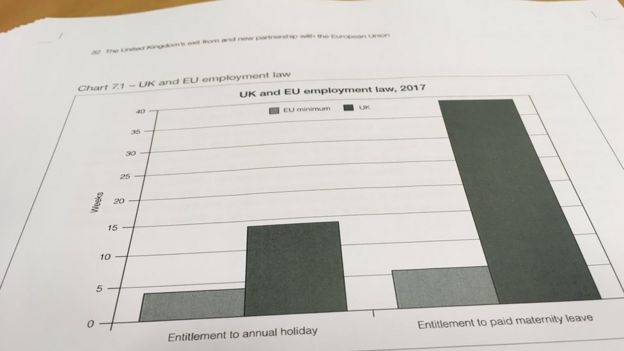
A chart on page 32 of the Brexit White Paper has raised a few eyebrows by claiming UK workers are currently entitled to a generous 14 weeks of annual leave.
It comes in a section comparing employment rights in the UK with the rest of the EU.
According to the government, the correct figure for someone working five days a week is 28 days.
The slip perhaps reflects a possible rush to publish the White Paper with metadata on the file suggesting it was still being worked on at 04:15 GMT.
Shadow cabinet members Rachael Maskell and Dawn Butler quit the party's front bench shortly before Wednesday evening's vote, and in total, 13 Labour frontbenchers voted against their own party position which was to support the bill.
Speaking on BBC Radio 4's Today programme, shadow chancellor John McDonnell said other parties had also been divided on the issue, with two of the Liberal Democrats' nine MPs abstaining despite orders to oppose the bill.
Mr McDonnell said a decision on whether frontbench rebels could remain in their jobs would be taken "in due course", and that the atmosphere in his party was "one of mutual respect", with determination to oppose a "reckless Brexit".
He said Labour "may look divided" but would unite after the government triggers official negotiations under Article 50 of the Lisbon Treaty while "the Tory Party will split apart".
Mr McDonnell also said shadow home secretary Diane Abbott had missed the vote because she "wasn't very well".
'Calibre judged'
The Brexit bill was published last week, after the Supreme Court decided MPs and peers must have a say before Article 50 could be triggered.
It rejected the government's argument that Mrs May had sufficient powers to trigger Brexit without consulting Parliament.
Iain Watson, BBC political correspondent, said a "sizeable" Labour rebellion could grow further if amendments were not passed.
- All you need to know about Brexit
- What are the UK's options?
- Mark D'Arcy: Five key points from the debate
The SNP, Plaid Cymru and seven out of nine Liberal Democrats opposed the government's bill, alongside Tory Ken Clarke.
The SNP's foreign affairs spokesman at Westminster, Alex Salmond, said there would be "detailed questions" about the bill during its next stage.
He said "the calibre of the government will be judged by how they respond to the amendments".
Mr Clarke, the only Conservative MP to defy his party by voting against the bill, said the result was "historic", but the "mood could change" when the "real action" of negotiations with the EU starts.
Exit talks with the EU are expected to last up to two years, with the UK predicted to leave the 28-member organisation in 2019.
